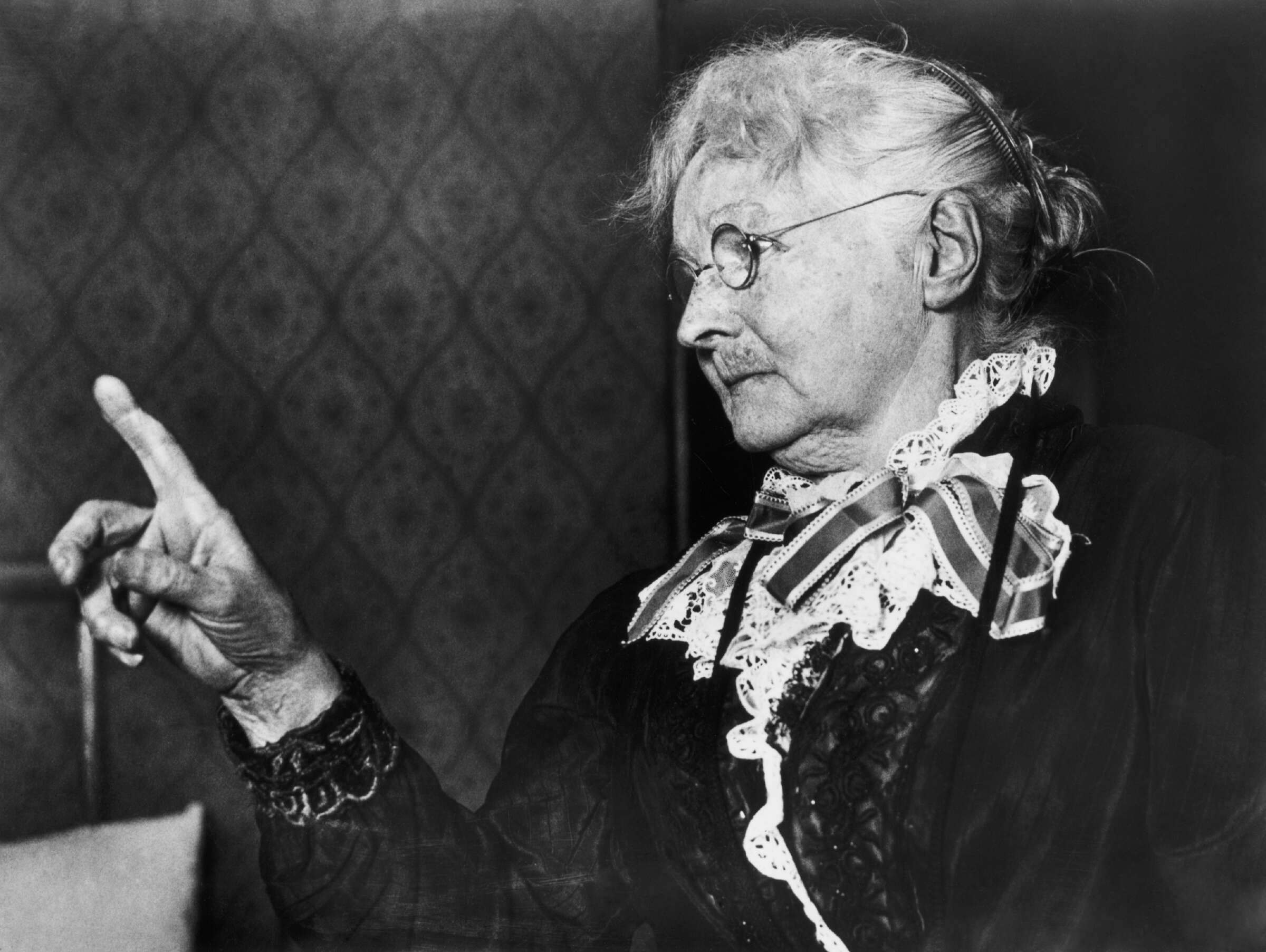

It remains a potent and at times exhilarating critique of contemporary society and of the power of the image untethered from its original context.

THE SOCIETY OF THE SPECTACLE can be viewed simply as an artifact of a particular moment in French and Western modern history in the aftermath of May 1968. Of course, a film itself is a spectacle, but Debord, with the manner of his delivery and irreverent pacing, seems determined to both undercut viewers’ expectations while simultaneously drawing them in. In the nearly five decades since it was released, the issues raised in THE SOCIETY OF THE SPECTACLE have become more entrenched. He accompanies these images with his critique of life both mediated and sustained by the spectacular, as the central pillar of a capitalist alienation so all-encompassing, even revolution may seem futile. The result is a kind of organized chaos that nonetheless manages to provide a sharp commentary on a world dominated by image and power.ĭebord casts a wide net, drawing in footage of topless women, manufacturing, fashion shoots, Hollywood movies, and scenes of wars, uprisings, and protests being crushed by police. Using the classic Situationist technique of “détournement” (think pre-digital remixing), Debord overlays a dizzying array of still and film images with text from the book. Six years after the publication of his Situationist classic The Society of the Spectacle, Guy Debord released this semi-experimental, essay-film adaptation. A Swerve Edition, distributed for Zone Books.“The spectacle sings not of arms and the man but of commodities and their passions.” Also an artist and filmmaker, he is the author of Memoires and Commentaires sur la soci t du spectacle. Guy Debord was one of the most important participants in the activities associated with the Situationist International in the 1960s.

In a sweeping revision of Marxist categories, the notion of the spectacle takes the problem of the commodity from the sphere of economics to a point at which the commodity as an image dominates not only economic exchange but the primary communicative and symbolic activity of all modern societies. Today, Debord's work continues to be in the forefront of debates about the fate of consumer society and the operation of modern social power. At the same time it was one of the most influential theoretical works for a wide range of political and revolutionary practice in the 1960s. Originally published in France in 1967, Society of the Spectacle offered a set of radically new propositions about the nature of contemporary capitalism and modern culture. For the first time, Guy Debord's pivotal work Society of the Spectacle appears in a definitive and authoritative English translation.


 0 kommentar(er)
0 kommentar(er)
